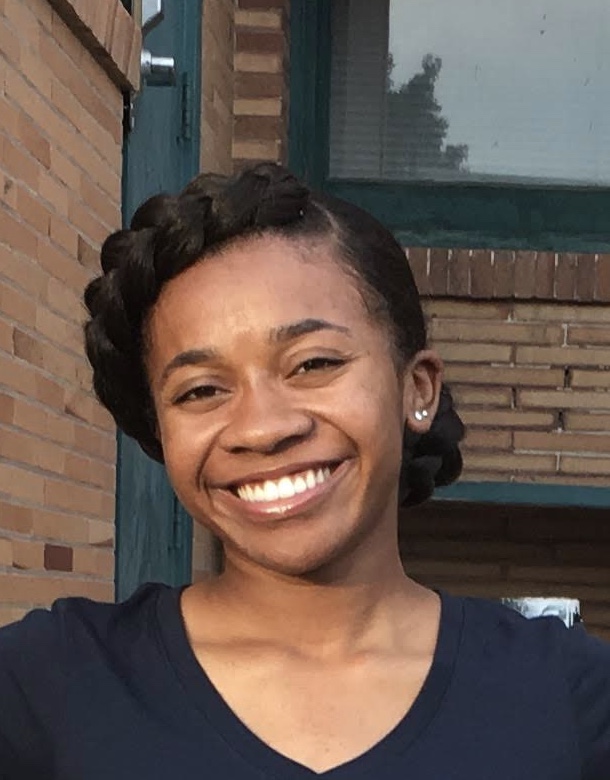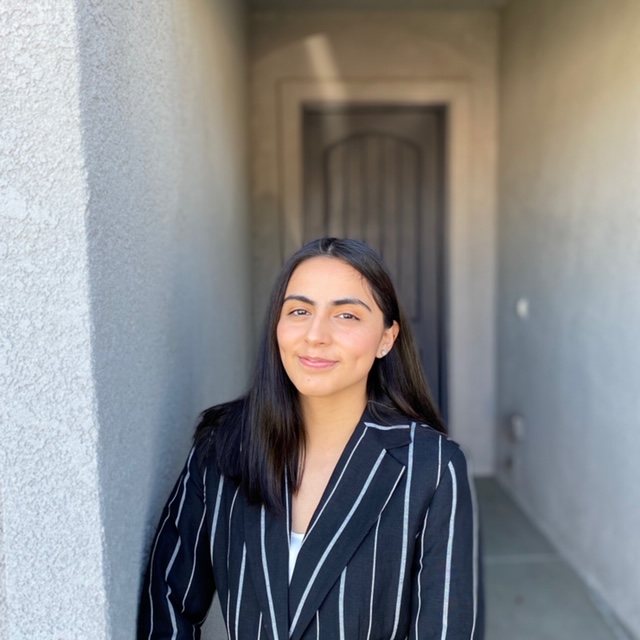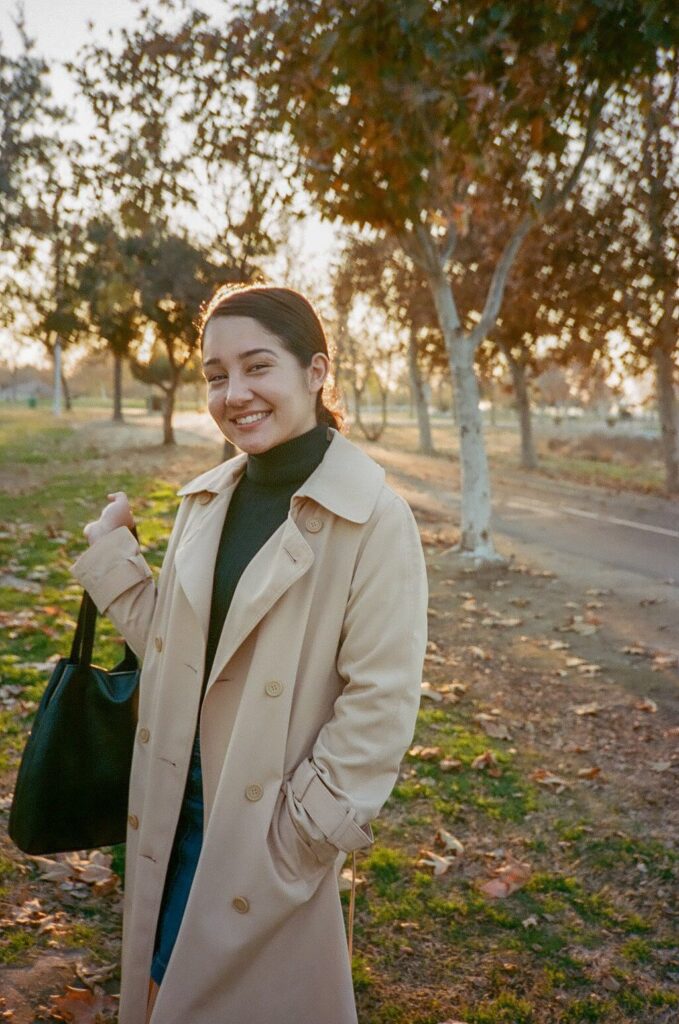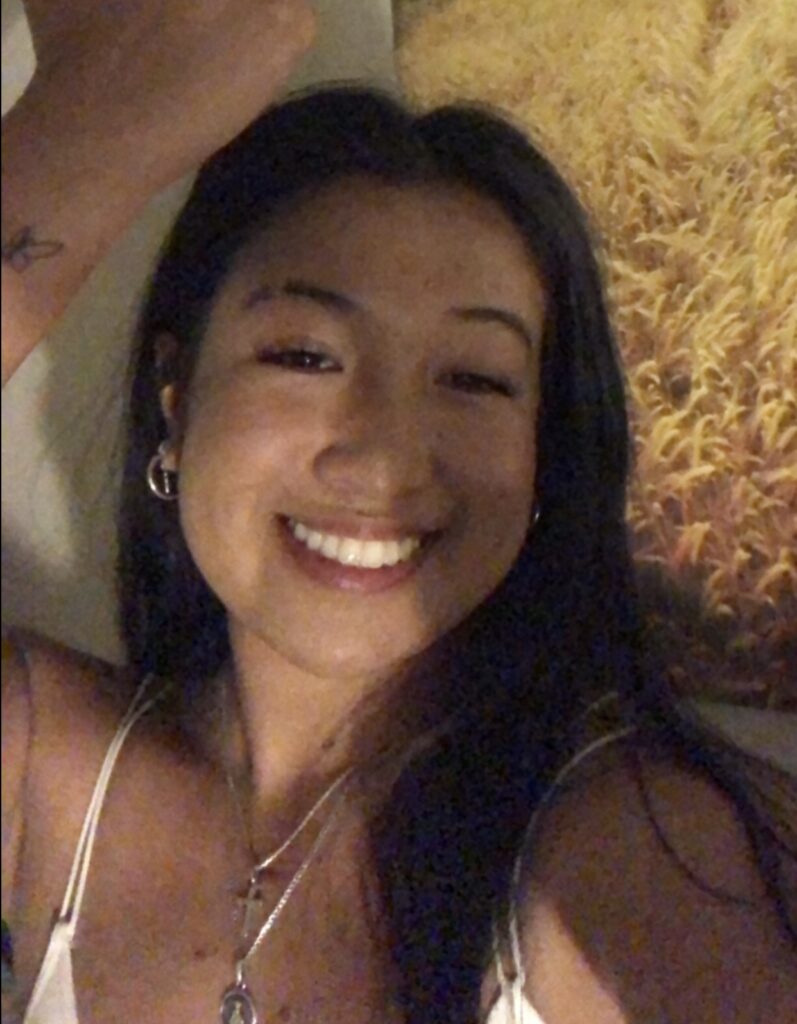
Since the death of George Floyd, the Black Lives Matters Movement has erupted across Kern County and has had a large impact on the young adults in our community.
Kern Sol News spoke with local women of color to learn more about their personal experiences with the Black Lives Matter movement and share their unique outlooks.
Each of these college students attended high school in Kern County and then went out of town to continue their academic studies; however, they have since returned due to COVID-19.
They have personal ties to Kern County and an obvious passion for their community.
Their responses have been edited for length and clarity.
Q: Can you describe how the recent progress of the Black Lives Matter movement has affected you?

A: I am 18 years old, and I was born and raised in Bakersfield. I’m going into my second year at Spelman College, a Historically Black College in Atlanta, GA. I’ll start by saying that this is nothing new. The long history of racial injustice and systematic oppression in America did not need to become a social trend to know that it existed. The Black Lives Matter movement was not born from an Instagram hashtag; it is the product of multiple movements that have been working tirelessly to secure the basic human rights of freedom and equality for Black people. It’s sad that it took one too many innocent, valuable lives to get to this point in history. It wasn’t acknowledged until the undeniable video footage was in peoples’ faces. The bottom line is, speaking from the basics of a social contract, we live in a so-called commonwealth where the wealth of life, liberty, and property is no common. With the Black Lives Matter movement at the forefront of world history, I can hope that there will be lasting change for Black people and our communities. Yet, I know that we can move to uproot the history of racism in the United States from a political stance, but the acts of oppression have to be uprooted from the hearts of people who’ve committed and maintained it.
— Nichole Johnson

A: I am 20 years old and I attend the University of California, Merced as a Critical Race and Ethnic Studies undergraduate. I am originally from Shafter, California so I have lived in Kern County all my life. The recent progress of The Black Lives Matter movement has affected me drastically. As a non-Black person it made me even more aware of the brutality and violence the Black Community has to face daily. In Kern County, the Board of Supervisors is made up of five members, none of which are Black. Furthermore, back in 2015, Bakersfield Police Department was declared “deadliest in the United States,” an institution that has been proved to systematically racially profile Black people. This generates the question, how is the Black Community being represented here in Kern County? The recent killing of Robert Forbes has only confirmed that not enough or hardly any at all. As citizens advocate and show solidarity, we as a county should do the same. Instead of funding for the Bakersfield Police Department as FY 2020-21 budget proposes, reallocation for Public Works, Recreation and Parks, and Development should be put in place. The recent progress of the BLM Movement has only made me reflect the way Kern County isn’t doing enough for their residents especially those that are a part of the Black Community.
— Shaira Vargas

A: I am 19 years old. I am currently going to California State University, Northridge, majoring in Political Science. I was raised in Bakersfield since I was four years old, and I graduated from West High School. I grew up primarily in Mexican and Filipinx culture. I started learning about the flaws of capitalism since my junior year of high school, but I have been involved with abolition organizing for about a year now. The Black Lives Matter Movement has affected me by connecting myself more with the Black community. Working with immigrants more broadly and putting myself in a direction to help BIPOC women that are incarcerated has opened a new door of starting my own research in how to advocate for those that are not granted rights unlike myself . This information I have collected will be explained in my podcast “The Liberated!” for those who feel intimidated or lack resources in databases and books to learn more about communities of color affected by America. From BLM, I have also ended up losing lots of relationships in the past year, with many family and friends who are right-wing and liberal that decided to not read information I have given them to understand my stance in American politics. It is very unfortunate, but this has strengthened my views in understanding why people are hesitant in seeing a society without capitalism and to also educate others on anti-capitalism and how to join the revolution with consistent effort.
— Sara Estrada-Coope

I’m 20 years old, and I attend Cal State Long Beach, but I grew up in Bakersfield and still consider it my home. When the BLM movement started rising again, I remember being filled with so much rage — rage against the cops killing innocent people and not being prosecuted and rage against the people who were siding with the cops and thinking this isn’t a race issue and rage against the Christian community that I’m in because I felt like their response to the whole situation was toxic positivity. They wanted “peace and love” without fighting for it. They focused more on the looting and riots rather than than the innocent murders, not realizing that the violence is just a result of the racism and oppression this country has been placing on black Americans for centuries. I was just really mad. But now I’ve been seeing a lot of change in their perspectives since the movement has gone on. It has heavily educated everyone on social media, including me. I now heavily advocate for abolition of police and mass incarceration, since the root of this system is made to empower white supremacists rather than to “protect” and “serve” our communities. Funding used for police forces should go to mental health institutions, education, housing, and communities in general. I still have a lot to learn and it can get overwhelming sometimes, but this is the least we can do for our black communities. I will never go back to my complacent and ignorant self.
— Claire Naz